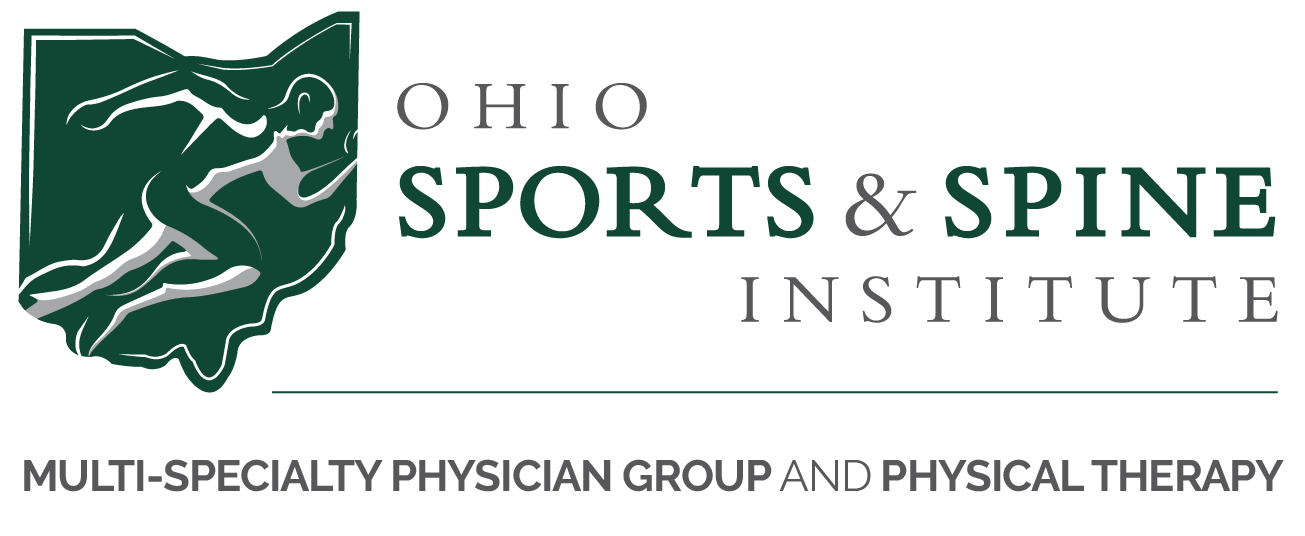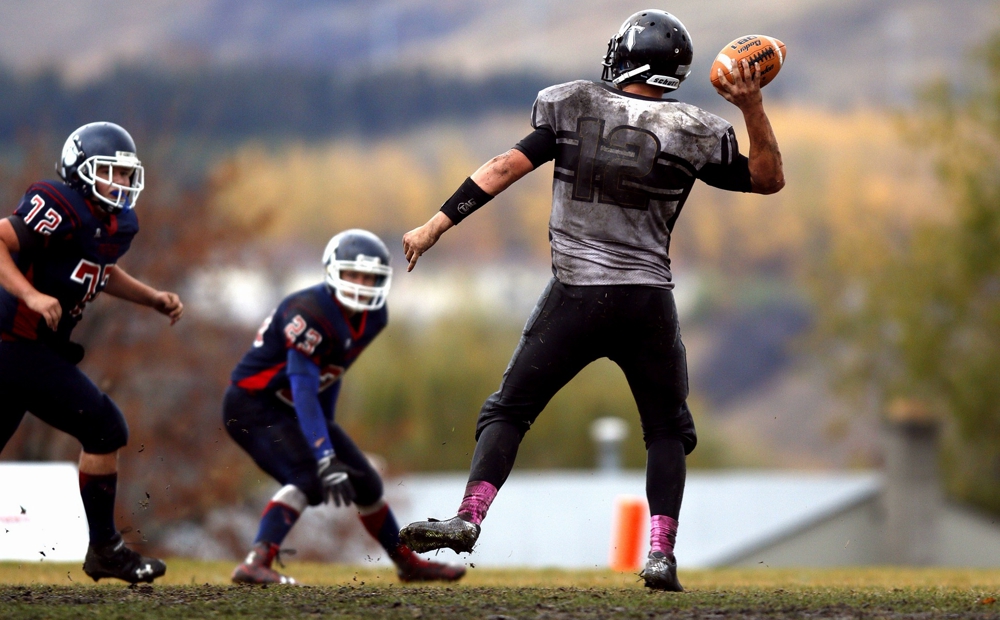By Jennifer Kalinsky, PTA, BS, ACSM EP-C
As athletes gear up and get back to practices and games, it’s important to consider how the increased activity affects their health. Here are five things to keep in mind to ensure a safe and healthy return to sports.
Start gradually
After an extended period of time not exercising or training to a certain degree, our bodies become more susceptible to injuries when we jump back into high levels of physical activity.
Athletes need to have an on-ramping period, in which they gradually increase their activity level.
Just like you wouldn’t start training for a marathon a week before the event, you also shouldn’t go from zero to 100 within the first few days back to practice.
Our bodies need time to adapt and our muscles and tendons take time to adjust to an increased level of activity. It also takes time for our bodies to get acclimated to exercising in the heat. Therefore, athletes should take longer rest periods and more frequent water breaks when practicing on hot days.
Warm up and cool down
Start each practice or game with a dynamic warm up, meaning active stretching rather than static stretching. It’s better for the muscles to stretch through movement. This could include jogging, jumping jacks, high knees, or anything that gets the body moving.
Dynamic movements also help to get the heart rate going.
Be sure to perform a cool down after each practice or game, too, as this helps bring the heart rate, body temperature and blood pressure back to normal levels.
Also, your limbs, muscles and joints are still warm and there is a lot of blood flow, so stretching can help reduce the buildup of lactic acid, decreasing your chances of experiencing muscle cramps and stiffness.
Understand soreness vs. pain
There is going to be a fair amount of soreness when returning to physical activity, which is normal and to be expected. What we do not want is pain.
As parents or athletes, one needs to be aware if soreness turns into pain. This could mean that the intensity is increasing too much, too quickly. Parents need to be aware if their kids are limping or adjusting their normal routine, as this could be indicative of a possible injury.
Everyone is going to be different with how quickly they adapt when returning. It’s best to be aware of this and listen to your body.
Fuel your body with proper hydration and a well-balanced diet
For athletes, it is recommended to drink 17 to 20 oz of water two hours before a sporting event, 7 to 10 oz ten minutes before, and if the game/practice is longer than 60 minutes, then it is recommended to drink something with electrolytes in it. This also means athletes should stay hydrated while they are playing by taking water breaks.
The goal after the activity is to replenish anything that is lost during the session.
Your diet also plays a significant role in how you perform. It is ideal to have a well-balanced meal two to four hours before a practice or game. It should consist of protein, carbs, fruits, veggies and a healthy fat. An athlete can also consume a light snack an hour before activity.
It is also recommended to have a well-balanced meal after participating in physical activity to replenish and refuel your body.
Have fun and be safe
We have all had to endure changes due to COVID-19, including delayed or canceled sports seasons. Regardless of the circumstances, we need to try to maintain as normal of a life as possible. For children and teens, this could include creating a routine that incorporates physical activity, whether at home or at school.
Cross-training is always beneficial for any athlete to stay healthy and strong. So, get creative with your activities and think outside of the box. You don’t need much of anything to incorporate cross-training into your workouts.
Make a plan, stick with it, and have fun with staying active. It can also be a great activity you do as a family.
Most importantly, stay moving, stay healthy and listen to your body.
Jennifer Kalinsky is a physical therapy assistant at Ohio Sports & Spine Institute. She is also a certified exercise physiologist through the American College of Sports Medicine. Although Jennifer is not a dietician or doctor, she enjoys educating her patients on fitness, nutrition and other exercise science topics, based on her studies and experience. You can reach her at j.kalinsky@ossinstitute.com or by calling one of our offices.






